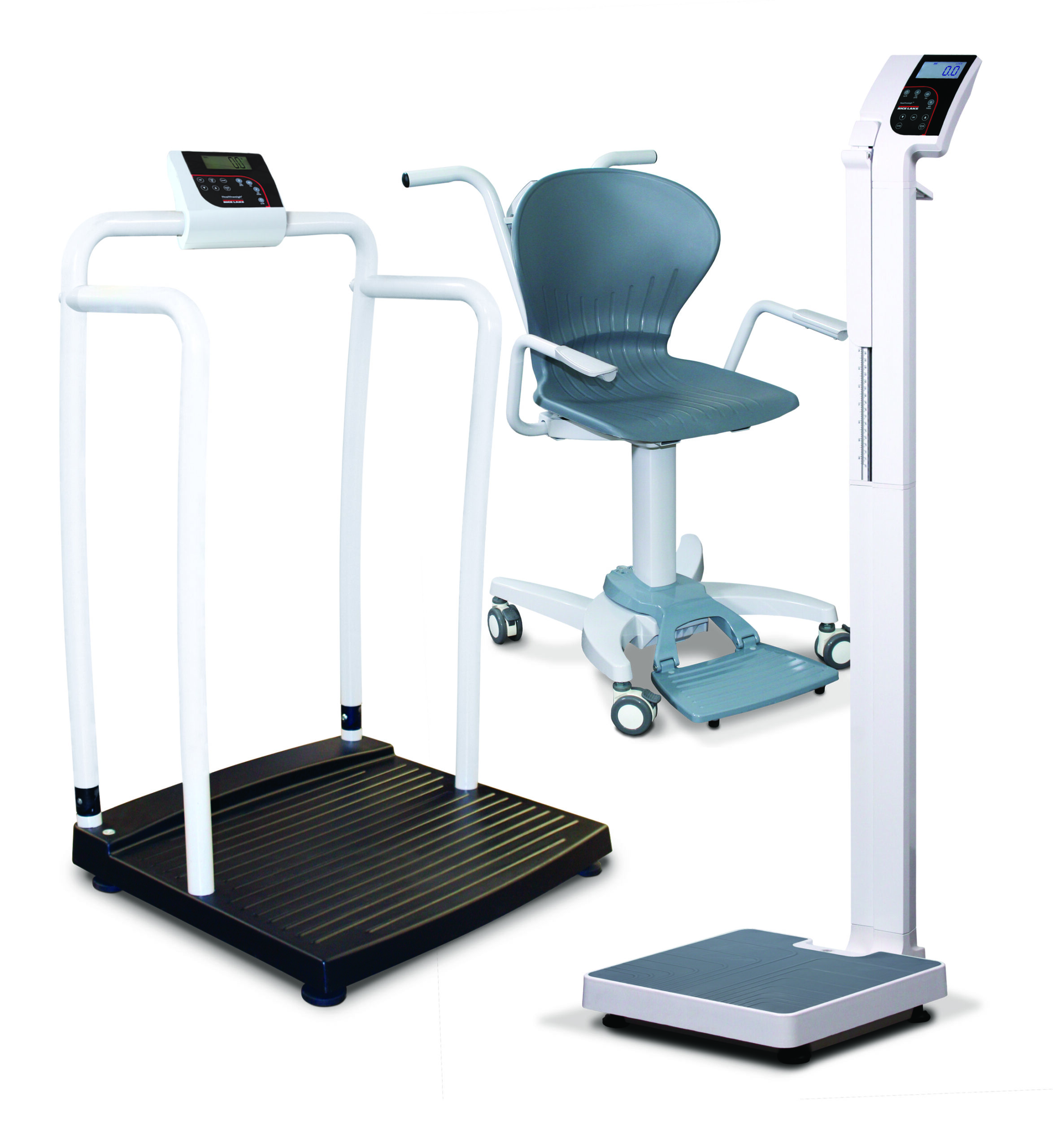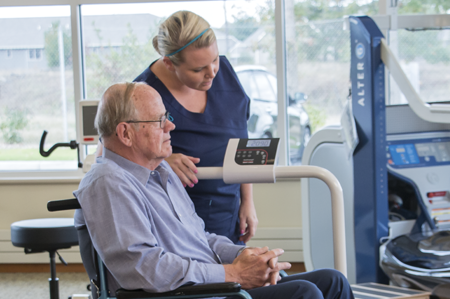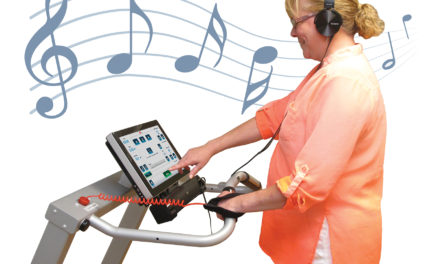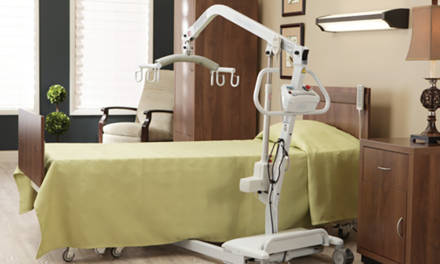
Dr. Tracey Harris
Dr. Tracey Harris, DNP, serves as a leading healthcare provider at Cedar Ridge Health Center in Rice Lake, Wisconsin, bringing over two decades of healthcare experience to her patients. Starting her journey as a certified nursing assistant, Dr. Harris worked across diverse medical fields, eventually earning a Doctorate in Nursing Practice. Her passion for family medicine is underscored by her commitment to holistic wellness, where she emphasizes the importance of accurate weight measurement in monitoring patient health. Here, Dr. Harris shares insights into the role of precision scales in managing patient care and why accuracy is critical in healthcare.
Why Patient Weight Matters
“While weight measurement is very important, my focus is your health. I want you to become a healthier person—whatever that looks like for you, and weight is a part of that,” Dr. Harris says. Weight gain could mean a patient is retaining fluids, but weight gain also makes it harder to breathe and can strain the heart, which is why weight is monitored more closely for patients going through dialysis or congestive heart failure.
For most patients, weight is just one piece of the puzzle, which is why Dr. Harris chooses not to make it a primary focus when working with patients on general wellness. However, some patients do benefit from having objective data, such as weight, to track their progress to reach their wellness goals, especially if they’re using a program such as Noom® or WeightWatchers®.
Dr. Harris also emphasized the need for reliable pediatric scales when treating infants and children. Many medications for children must be dosed based on weight, and parents need the reassurance of knowing their baby is healthy and growing. Moms who have never breastfed before are frequently nervous about whether their child is eating enough because it’s not something they can easily measure at home. Dr. Harris says she’ll invite new moms to come in and do a breastfeeding session. “We weigh the baby before nursing, and then we weigh the baby after, and then mom’s reaction is, ‘I can’t believe how much that baby just ate!’”

Important Health Scale Features
“Accuracy is very important,” Dr. Harris says. Making health and treatment plans, possibly beginning intervention care, that’s based on weight makes accuracy essential. Healthcare providers need to trust the scales they’re using—physician, wheelchair or pediatric—are accurately displaying patient weights every time they’re used.
Dr. Harris also explained that a BMI (body mass index) function could be useful for patients who want data about their overall wellness journey. They can see that not only are they losing weight, but they are, in fact, gaining muscle.
While the unit of measure conversion isn’t often used at Cedar Ridge, Dr. Harris says that the function is useful when she prescribes medication for children. Many children’s medications are dosed based on weight in kilograms, and being able to switch the scale from pounds to kilograms simplifies the process.
Maintenance for the Healthweigh scales at Cedar Ridge is done on a routine schedule, ensuring the scales work accurately, so Dr. Harris says she doesn’t have to think about it. She noted that in previous jobs, the staff had to be more mindful of discrepancies and request calibration instead of following an established schedule for maintenance and calibration. While there’s not one right answer for what that schedule will look like, it is important to have a regular routine for maintenance. It’s also important to use certified calibration weights to check for accuracy, as consumer weights, such as barbells, are not required to meet exact weights.
Healthweigh Scales
Direct Supply offers a range of Healthweigh scales and certified calibration weights from Rice Lake Weighing Systems. Choose from physician scales, wheelchair scales, neonatal scales and more for accurate weighing at every stage of life. We work closely with Rice Lake Weighing Systems to ensure quick shipping and expert support are available when you need it.




